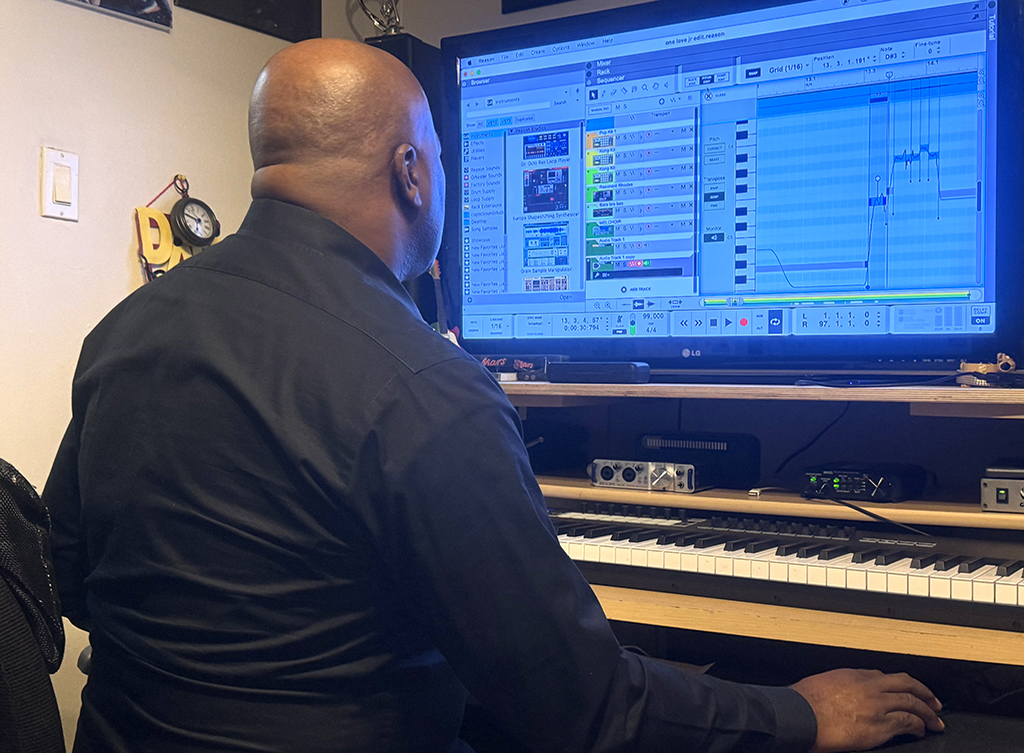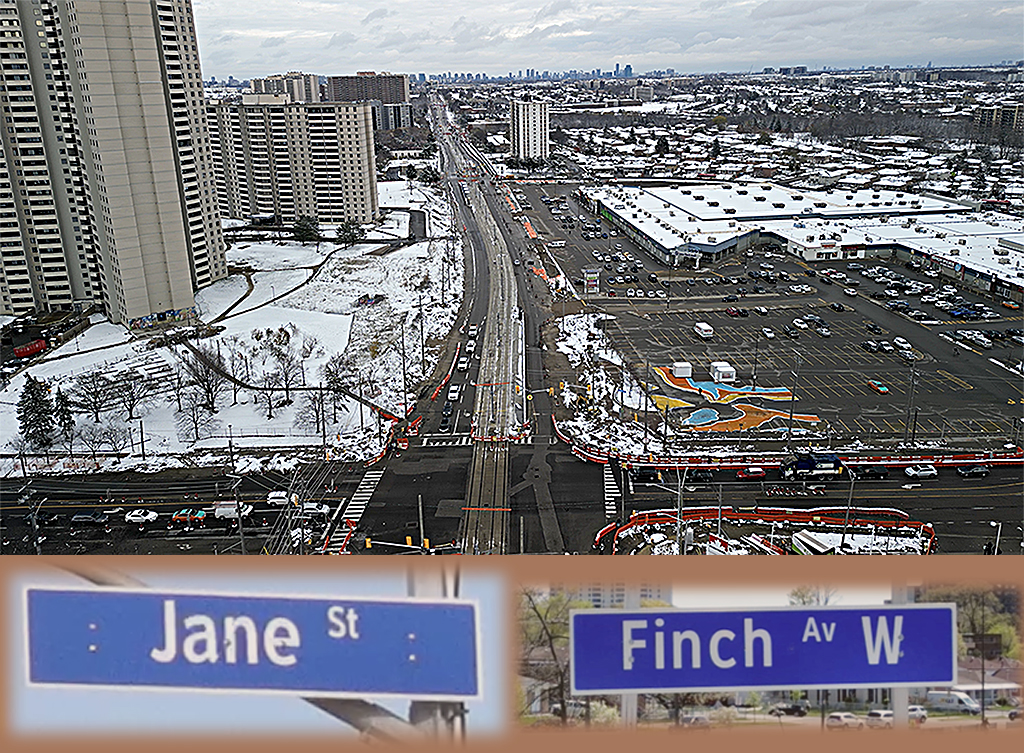In the Jane and Finch area, record stores in Little Jamaica supplied music for local sound system operators and fans, serving as a kultural and economic foundation for Toronto’s reggae scene. The Palisades, a popular dance venue, attracted reggae lovers and international connoisseurs who gathered to experience the vibrant vibe of reggae music, which reinforced the kultural identity of “Indigenous Caribbean Canadians” and Indigenous Caribbean descendants. These sound system crews and their events were instrumental in introducing and celebrating reggae music, contributing to Toronto’s kultural tapestry.
However, there are urgent challenges that reggae co-creators face today. Dennis and others express concerns over economic and social marginalization, as governments, community organizations, individuals and corporate interests often overshadow local communities’ control over cultural resources. This struggle is linked to the colonial Doctrine of Discovery, which still impacts local autonomy. Dennis and many roots reggae professionals advocate for recognition and fair governance of Little Jamaica, asserting that they remain central to Toronto’s reggae legacy and cultural equity.
Through self-reliance, will, intent and purpose, Dennis, his group, other artists and fans continue to celebrate the enduring influence of roots reggae in Toronto while highlighting the ongoing need for local control and fair recognition of the contributions made by foundational figures in the roots reggae community.




